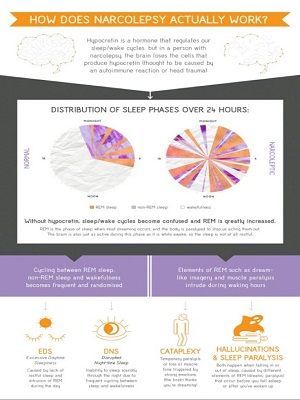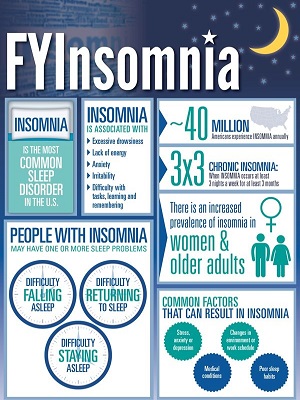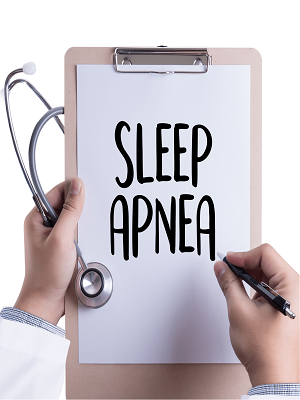Narcolepsy
Narcolepsy is a lifelong sleep disorder that makes you feel overwhelmingly tired, and in severe cases, have sudden uncontrollable sleep attacks.
Narcolepsy is a lifelong sleep disorder that makes you feel overwhelmingly tired, and in severe cases, have sudden uncontrollable sleep attacks. Narcolepsy can impact nearly every aspect of your life. It is dangerous because you can have excessive sleepiness or a sleep attack at any time of the day, in the middle of any activity including eating, walking or driving. Operating a vehicle with untreated narcolepsy can be very dangerous and some states even have laws against it.
Many people with narcolepsy do not know they have the sleep disorder. About one in 2,000 people have some form of narcolepsy. Narcolepsy may run in some families, but most cases are not genetic. The disorder is extremely rare in children. The cause of narcolepsy is still unknown, but recent research suggests that many people with narcolepsy with cataplexy have low levels of the neurotransmitter hypocretin, a chemical that regulates arousal, wakefulness and appetite.
When you add up the hours of total sleep time, people with narcolepsy don’t necessarily sleep any more than people who don’t have the sleep disorder. This is especially true when you consider that many people with narcolepsy often have difficulty sleeping through the night because of unwanted awakenings.
Some people assume that because they are consistently tired during the day, that they may have narcolepsy. Other sleep disorders that cause daytime sleepiness are often mistaken for narcolepsy. These include sleep apnea, circadian rhythm sleep disorders and restless legs syndrome. Medical conditions, mental health disorders and use of certain medications or substances can also cause symptoms similar to narcolepsy.




